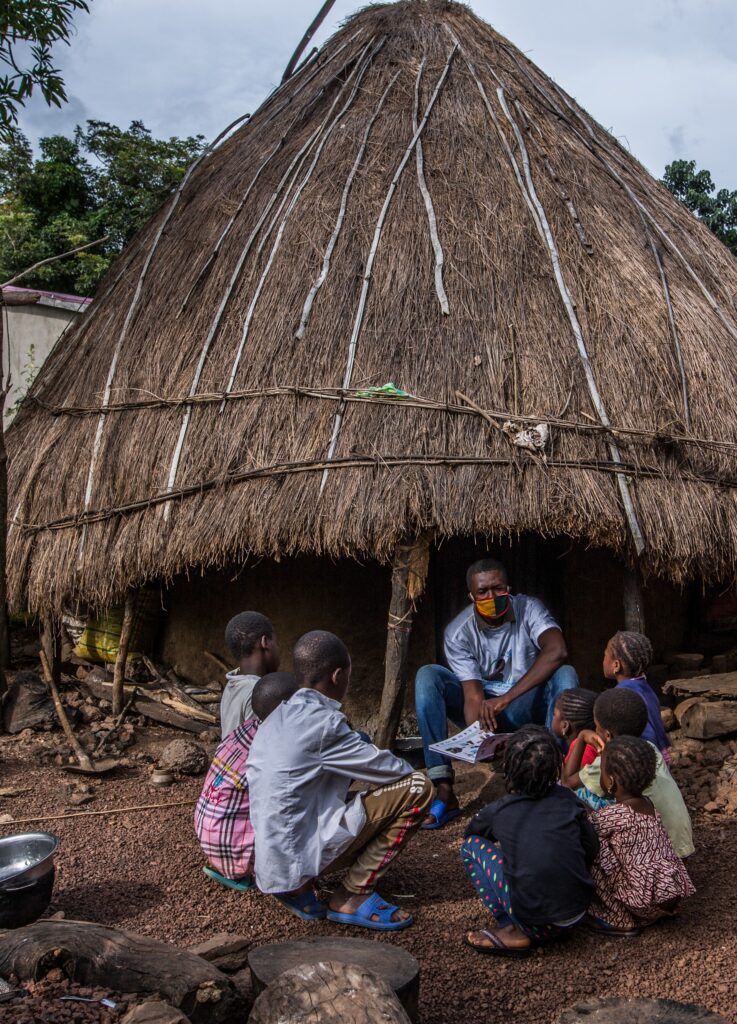Social & Behavior Change
Supporting behaviors that achieve results
Preventing malaria infections and deaths depends on the acceptance and correct and consistent use of proven interventions. PMI works with partner countries to address the factors that influence whether health providers follow national guidelines and whether families do things like sleep under insecticide-treated nets, seek care for fever, and allow spray operators into their homes.
When tailored to the specific country context and needs, social and behavior change (SBC) activities play an important role in achieving the desired individual-level, community-wide, and public health impact.
PMI assists partner countries in:
- designing and implementing evidence-based activities meant to change behavior in both communities and health workers
- monitoring and evaluating these activities
- strengthening the scientific evidence base for social behavior change
- bolstering their ability to manage this work locally
STORIES ABOUT SOCIAL & BEHAVIOR CHANGE
Facing Malaria, the “Perennial Monster,” Through Faith and Community
In Malawi, a PMI-supported toolkit helps faith leaders to save lives from malaria.
A checklist, a baby, and a diploma: Creating a pact for malaria-free pregnancy
In Côte d’Ivoire, “Monitor My Pregnancy” checklists make tracking essential malaria prevention services easy for both midwives and patients.
Net Wins for Women and Children in Ghana
Nearly one in four people in Ghana who have received an insecticide-treated net are not using them. Midwife Edith Asare is determined to change that by educating pregnant women and caregivers of young children about the importance of sleeping under a net to protect themselves from potentially deadly mosquito bites.
PMI-SUPPORTED SBC RESOURCES
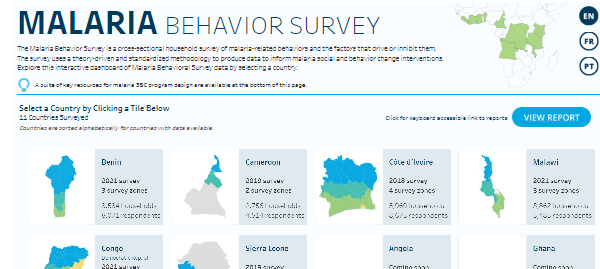
MALARIA BEHAVIOR SURVEY
A cross-sectional survey to generate data to develop evidence-based malaria SBC programs and strategies to increase practice of behaviors.This site hosts survey tools and templates as well as data sets and briefs from completed surveys.
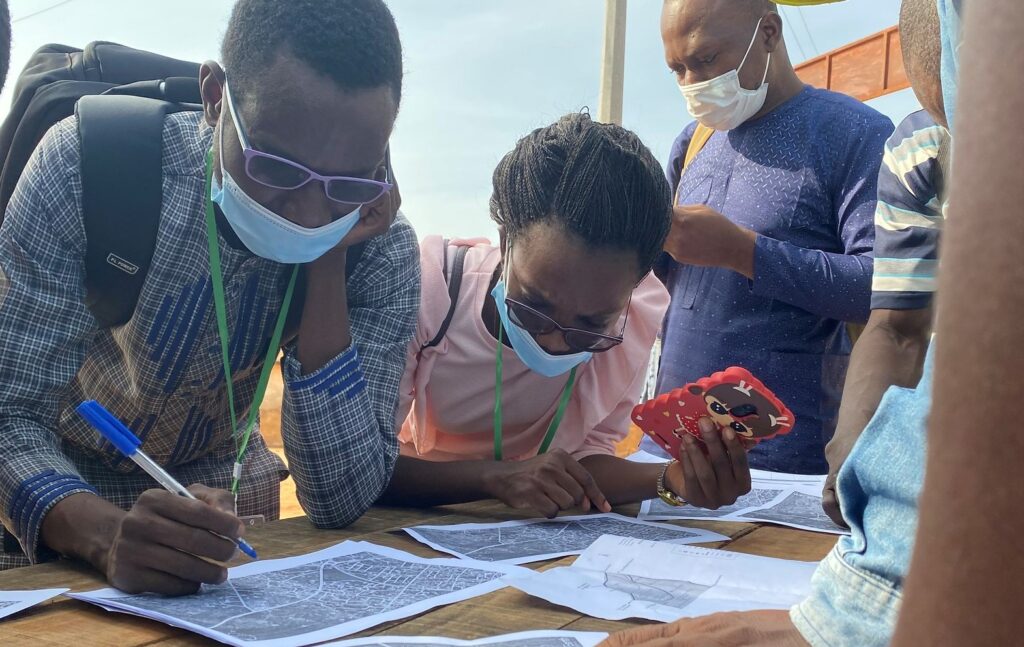
OPTIONAL MODULE FOR MALARIA INDICATOR SURVEY
The indicators of this standard questionnaire can be used to help countries identify: (1) the populations/areas that need to be targeted, (2) the SBC approaches that are likely to be most effective, and (3) the kinds of messages that should be promoted to facilitate behavior change.
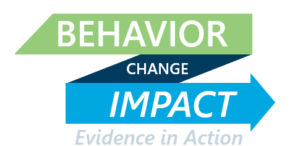
BEHAVIOR CHANGE IMPACT
A searchable database of more than 100 articles describing interventions or studies that show evidence of impact on malaria behaviors
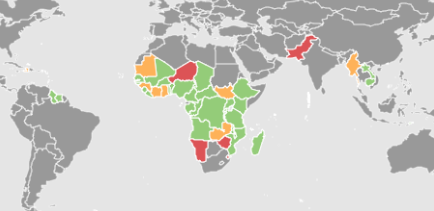
ITN ACCESS AND USE REPORT
An interactive site providing decision-makers with key indicators related to use and access of insecticide-treated nets (ITNs)
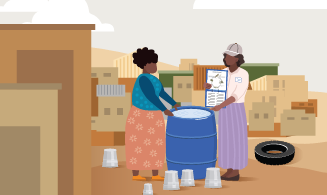
SBC GUIDANCE FOR AN. STEPHENSI IN AFRICA
An evidence-based guide on individual, household, and community-level behaviors for support of An. stephensi mitigation and control intervention
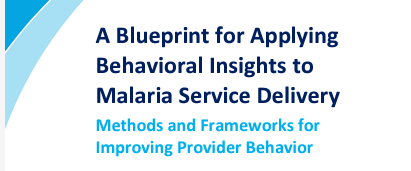
BLUEPRINT FOR APPLYING BEHAVIORAL INSIGHTS TO MALARIA SERVICE DELIVERY
A framework for understanding provider behavior that can be used to identify factors that influence behavior, develop appropriate targeted activities, and conduct monitoring and evaluation

MALARIA SBC TOOLKIT FOR COMMUNITY AND FAITH LEADERS
A toolkit to guide organizations on how to use their own strengths, community connections, and resources to educate on how to prevent malaria and support proper treatment in local communities
PROFESSIONAL DEVELOPMENT FOR SBC
PMI participates in and supports the RBM Partnership to End Malaria’s SBC Working Group. This is a forum for exchanging experiences and promoting the development of theory-informed, evidence-based SBC programming at the country level.
Working group resources include guides, checklists and strategies for malaria SBC strategy development, measurement and evaluation, reporting, and more.
Other SBC capacity strengthening resources supported by PMI include free online courses on SBC Learning Central; the Compass for SBC resource repository; and the Springboard online community.
